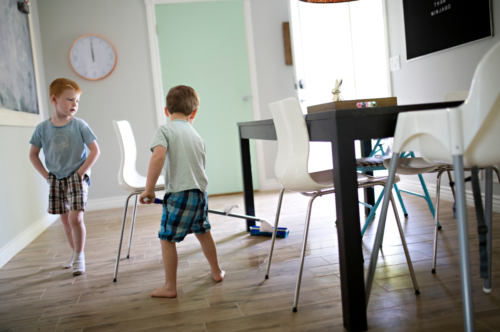
According to a study, experts predict that around 39% of the time spent on housework and caring for loved ones could be automated and done by AI by 2033.
The most likely chores to be automated are getting groceries, shopping, household cleaning, dishwashing, cooking, ironing, folding, and laundry.
The most likely one, groceries, can already be handled by a delivery service, but this may mean robots and AI can also address ordering items.
The least likely tasks to be automated involve physical effort and other living things, like childcare, pet care, making or mending clothing, caring for an adult, car maintenance, gardening, and teaching.
With innovations like these, the availability of more college courses at San Jacinto College, and a focus to help support biotech and biomedical education, the employment and inventive needs specific to these issues and industries can be built and sustained right here in Greater Houston.
We should always look for new and innovative methods beyond current solutions. Advancements like these are why the curriculum on our Collab-Lab addresses social-emotional development while bolstering positive child outcomes through STEM activities. Our Centers of Excellence use a 21st-century learning framework grounded in a comprehensive research-based curriculum that stresses STEM learning. Getting our future workforce to start thinking and solving everyday issues is imperative to improving our future.
As leaders in early childhood education for more than 35 years, Collaborative for Children’s goal is to ready young children for school and the 21st century with innovative programs focused on positive outcomes.
read the full article here